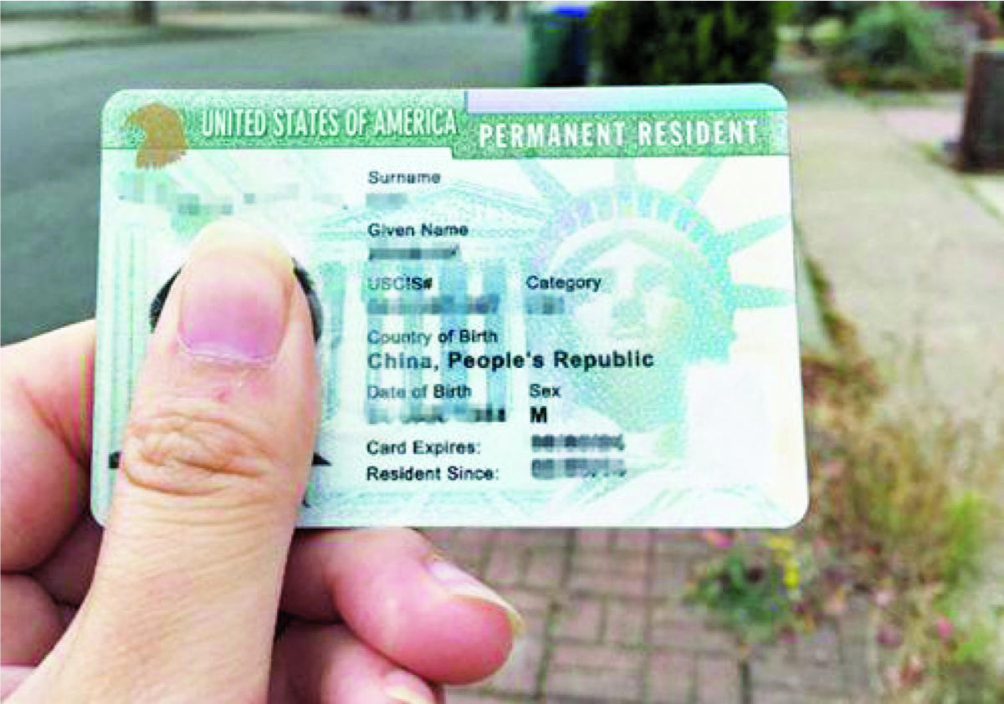A Green Card (Permanent Resident Card) enables you to live and work permanently in the United States. It can be obtained through family sponsorship, employment, or other special provisions.
There are multiple green card categories, in first overview you might become confused as the each comes up with multiple sub-categories. USCIS categorizes these into three main groups: based on familial relationship, based on employment status, and based on country of origin.
Family First Preference – F1
The Family First Preference category allows for immigration to the United States based on a relationship with a U.S. citizen or legal permanent resident. This category includes unmarried children (21 years or older) and spouses.
In this category, a limited number of visas are issued each year. As a result, these immigrants may have to wait for years before a visa becomes available.
This category is further divided into subcategories. Spouses and minor children fall under subcategory 2A, while unmarried sons and daughters (over 21) fall under subcategory 2B. The annual quota is 114,200. At least seventy-seven percent of these family-based green cards are given to spouses and children; the remainder are allocated to unmarried sons and daughters.
Family Second Preference – F2B
There are two main categories of family-based green card categories. These include Immediate Relatives (spouses, unmarried children under 21) and Preference Immigrants (unmarried sons & daughters over 21, married children, and brothers & sisters of U.S. citizens).
In each of the preference categories, a specific number of immigrant visas are allotted annually. These are based on numerical limitations and can result in long wait times. The waiting time can vary by country, but it usually takes fourteen years for people from most countries; 15 years for India; 22 years for Mexico; and 19 years for the Philippines.
Employment Second Preference – EB2
The Employment Second Preference category, known as EB-2, allows foreign nationals who have outstanding achievements in their fields to obtain green cards through employment. They must either hold an advanced degree or be of exceptional ability in the sciences, arts, or business.
This category of green cards is allotted 40,000 visas every year.
Professionals with advanced degrees and persons of exceptional ability in the sciences, arts or business receive 28.6 percent of the yearly worldwide limit, plus any unused visas from the Employment First Preference category.
However, it is possible to avoid the labor certification requirement in some cases if you can demonstrate that your work or research will be of national interest. This is a popular benefit called the National Interest Waiver.
Employment Third Preference – EB-3
There are several employment-based categories that allow foreign nationals to apply for permanent residency in the United States. Each category is based on education, skills and work experience.
EB-3 Green Cards are available for professionals, skilled workers, and unskilled workers. The professional subcategory requires a bachelor’s degree or equivalent, while the skilled worker and unskilled worker subcategories have slightly less stringent requirements.
Each preference category has numerical limits and per-country caps that limit how many people from each country can get a green card in a given year. As a result, some preference categories have long waiting times even after their employer’s green card petition is approved by USCIS.
Employment Fourth Preference – EB-4
The Employment Fourth Preference (EB-4) category was originally designed for religious workers who come to the United States based on their religion. However, it has been expanded to include many other types of immigrants.
The EB-4 preference is capped at 10,000 each year. The cap is set at 7 percent of the total number of employment and family-sponsored preference green card visas available each year.
Employment Fifth Preference – EB-5
The employment fifth preference (EB-5) visa is an investment immigration program that allows foreign investors to create jobs in the U.S. Ten thousand green cards are awarded each year to qualified investors.
The EB-5 visa process starts with a labor certification, which is issued by the Department of Labor to demonstrate that the company’s recruitment and selection procedures are in compliance with labor laws. Then the employer files a preference petition application.
Depending on the preference category, the process may require a different step or two. For example, the EB-2 visa category typically requires more education or experience than the EB-1 category.
